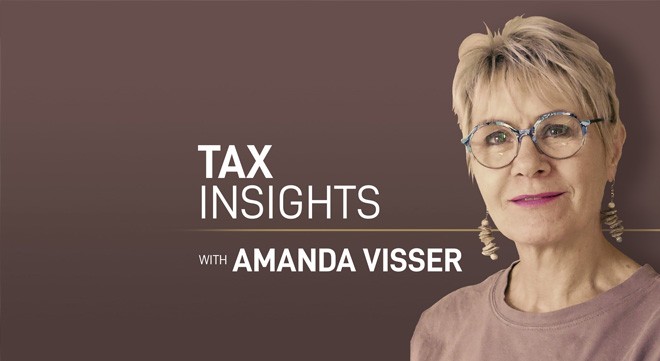National Treasury has been given very little time to come up with a Budget that will pass muster the second time around, particularly if the two-percentage-point increase in the rate of value-added tax is off the table.
Commentators raised concerns that President Cyril Ramaphosa and Finance Minister Enoch Godongwana left it so late in the day to deal with the obvious opposition to a VAT hike.
“It shows worrying and severe governance failures and internal ANC political failures within the Cabinet system. These have been there for some time but not exposed due to the prior single-party nature of government,” says Peter Attard Montalto, managing director at research and advisory firm Krutham.
Nicolaas van Wyk, chief executive of the South African Institute for Business Accountants, says postponing the tabling of the Budget to 12 March gives South Africa a crucial opportunity to fundamentally rethink its economic strategy. The old approach of raising taxes (VAT, personal income tax, and corporate income tax) and borrowing more is no longer sustainable.
“South Africans cannot afford more tax increases, and the national debt burden is already unsustainable. Instead, we propose a bold new direction: fund the country through efficiency, accountability, and economic growth, without further burdening taxpayers.”
Spending problem
Kyle Mandy, head of tax technical and policy at PwC, agrees and says the country does not have a revenue problem; it has a spending problem. “Our tax burden is at a record level. I don’t think there is any other middle-income country that comes close as far as the tax burden is concerned.”
If one accepts that the expenditure as set out in the draft Budget is unavoidable, there is little choice but to raise taxes. The only lever the minister can pull is VAT.
However, all the relief that was given to individual taxpayers during the early 2000s has been clawed back, and more. There is nothing more to be gained from increasing personal income tax rates.
“They learned that lesson the hard way when they increased the top marginal rate from 41% to 45%. They were warned that they were going over the top … that they were making a terrible mistake, and that they were going to lose money. In hindsight, that is exactly what happened,” he said during a PwC panel discussion on Friday.
South Africa’s corporate tax rate is higher than the global average without the incentives that many other countries have, particularly other African countries with which the country competes for investments. There is no room for an increase; besides it is the most volatile tax and not a sustainable and reliable source or revenue, Mandy added.
Busisiwe Mavuso, chief executive of Business Leadership SA, says there are many insufficiencies in government that can be cut. “For them to think that an average South African could be burdened with a one- or two-percentage-point increase in the VAT rate is absolutely crazy.”
This is particularly the case in a country with around 43% unemployment and more people living in poverty and unemployed than employed, she added.
Lots to do
Montalto says they expect the key week to be the week of 3 March, with Cabinet and political processes taking form. This is likely to include some kind of meeting of Government of National Unity (GNU) leaders.
“We would expect there to be a full sign-off of the Budget early – that is, the end of that week, before the presentation on 12 March. We think the DA will be totally firm on the VAT point and will not compromise on a one-percentage point [increase]. We think this is also the case of almost all other small GNU parties.” This leaves a R60-billion hole (in real terms).
How did we get here?
Lullu Krugel, chief economist of PwC, reckons South Africa should never have gotten into a space where it needed to increase VAT by two percentage points. “We have had years of promises about how things are going to be better, and it has not happened.”
She also refers to talks about a zero-based Budget, where spending and the return on the spending is thoroughly investigated. Other countries have done it successfully, and although it is costly, there are some principles that South Africa can follow. But there is just “shoulder shrugging” about the cost and so the government does nothing.
Van Wyk also remarks on the fact that South Africa does not have a revenue problem. “It has a spending and efficiency problem.
“If we recover stolen funds, fix state-owned entities, boost tourism, launch a massive building programme, and collect the R800bn in uncollected taxes, we can fund growth without raising taxes or borrowing more,” he says.
“It’s time for real change – South Africa must build, not burden.”
Amanda Visser is a freelance journalist who specialises in tax and has written about trade law, competition law, and regulatory issues.
Disclaimer: The views expressed in this article are those of the writer and are not necessarily shared by Moonstone Information Refinery or its sister companies.




